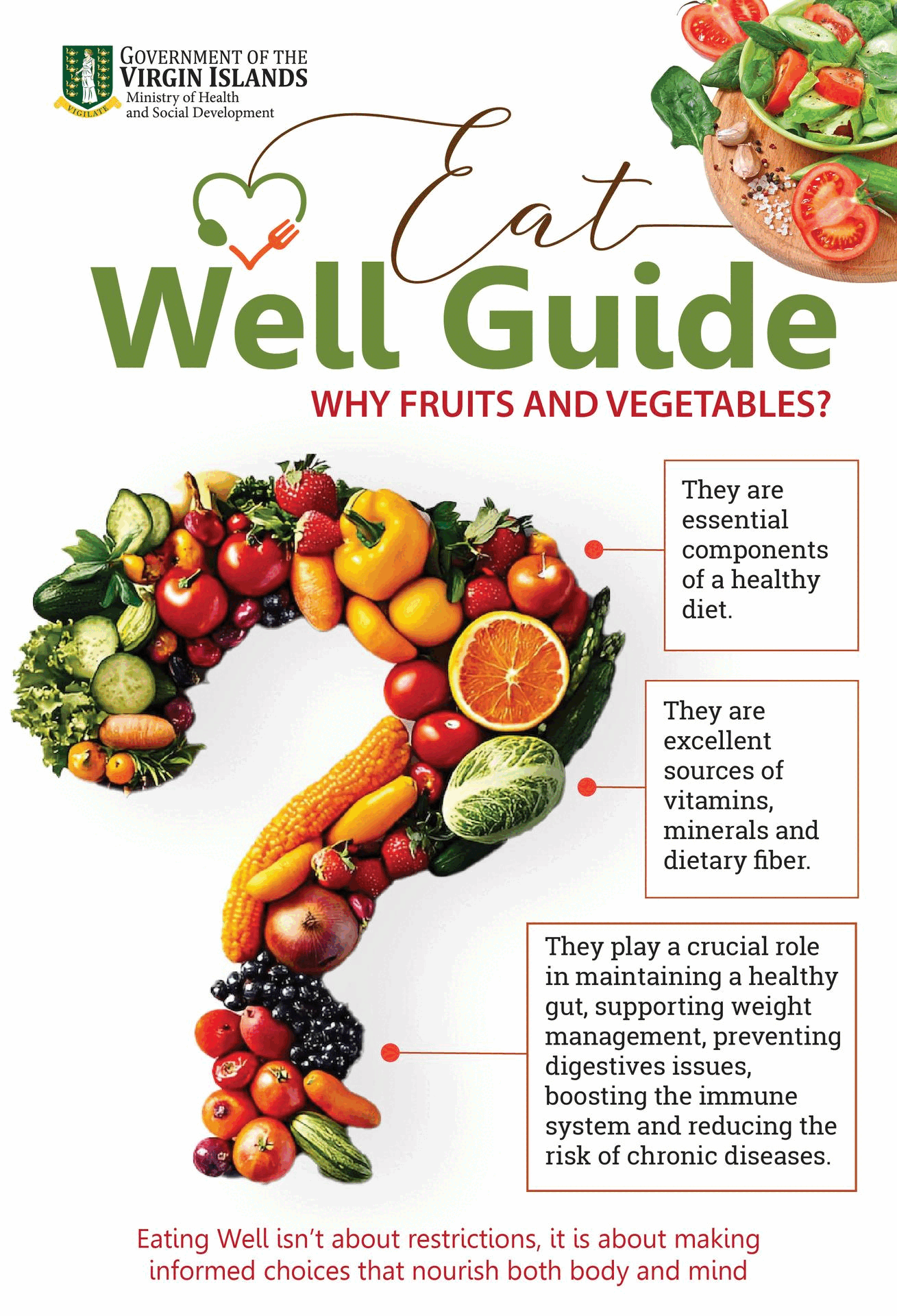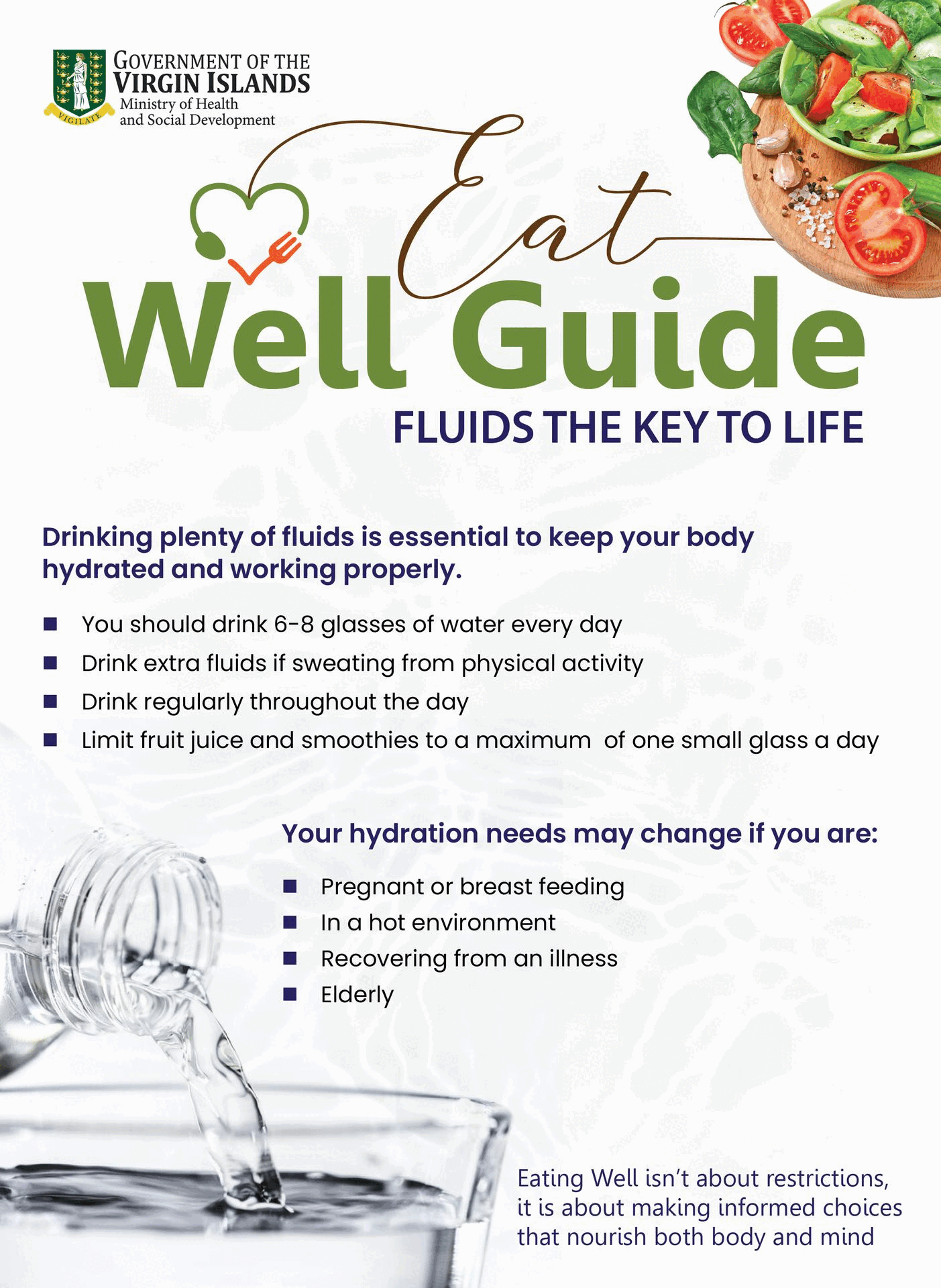'We must take food production & food security more seriously'- Premier Wheatley



The Premier was addressing those in attendance at the contract signing for consultancy services for engineering design and construction management of water mains and civil works for the Farmer’s Reservoir in Paraquita Bay, through the Recovery and Development Agency (RDA).
The over two hundred and fifty thousand dollar contract was signed wth Alvair Limited on Tuesday, May 13, 2025, at the conference room of BVI Finance in Road Town.
“For generations, the lands in the Paraquita Bay area have been recognised for their fertility and productivity. Our farmers have cultivated these lands for decades, consistently yielding various food crops.”
Dr Wheatley said that while those engaged in agriculture are deeply passionate about their work and take great pride in contributing to the nourishment and well-being of communities, the most persistent challenge they face is access to a reliable water supply for crop irrigation.
“This issue has long been a concern, and like many of our other enduring national challenges, we have spent years discussing potential solutions. Yet, we remain short of turning those discussions into decisive action.”
This is why the government decided to prioritise the construction of the farmer's reservoir.
Once completed, the reservoir will enable farmers to irrigate their crops better and care for their livestock, reducing losses and increasing production.
Our people need food to survive- Premier Wheatley
The Premier said his administration continues to be committed to charting new paths beyond the cycles that have held back progress in the VI.
“Food security is one major challenge facing countries in today’s geopolitical environment… We have witnessed what happens when supplies and supply chains are disrupted. In this regard, we must take the issue of food production and food security more seriously. Our people need food to survive. Our tourism industry needs food to serve guests,” he explained.
The Premier added that like tourism, agriculture puts food on tables, pays rent and utility bills, and puts children through school and college.
“If we want our local food producers to help us become more food secure, we must work closely with them, ensure they have the necessary resources to be productive and viable, and support and encourage them.”
More land for food production
Premier Wheatley said he looks forward to the project’s completion and to seeing more locally produced food in supermarkets, restaurants and homes in the VI.
“I also hope that our farming community will grow in numbers as the situation improves.”
The Premier added that work will continue on the Agricultural and Fisheries Complex, as well as on making more land available for food production, and introducing a programme of grants to empower farmers and fishers.





.jpg)

.jpg)









1.png)

.png)





















24 Responses to “'We must take food production & food security more seriously'- Premier Wheatley”
So a resavior, while welcome, is not the LONGTERM fix.
Supply equals demand.
The VI currently imports most of its food. IMO it will require a Herculean effort for the VI to become self-sufficient, if so. Nevertheless, the VI must put forth maximum effort to produce as much food as possible and practical, reducing the food import bill, keeping more money in the local economy (creating a multiplier effect in economy), providing fresher, healthier foods, etc.
Government is a key player in the agricultural industry/economy. The VI is a water-challenged community and water is vital and critical for agricultural production; it must assist in providing stable and quantitative water supply. The reservoir is a step in meeting the water supply. Additionally, government may also have to guarantee loans for farmers, along with providing a market place for selling agricultural products , constructing roads to get products to market, lowering tax rate for farmers, offering courses on agricultural production, ie, increasing yields per acre, etc. At the end of the day, the process of comparative advantage in food production may come into play. Can the VI have an absolute advantage in food production? Will imported food be cheaper than locally produced food? Is protectionism a best management practice (BMP) for local agricultural production? Should locally produced food be cheaper/more economical than imported food?